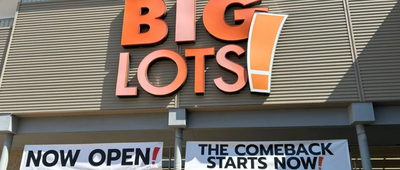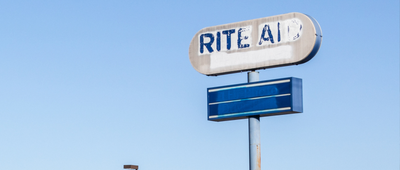Big Business Fails
Corporations may enjoy many of the same rights as citizens under U.S. law, but they certainly aren't punished the same way for wrongdoing. Since an organization itself can't serve jail time, often the only recourse is seeking monetary damages. Some of the costliest court settlements ever reached involving big businesses now include CVS and Walgreens, both of which have agreed to pay a massive amount to states that sued them for the drug chains' roles in the deadly opioid crisis.
Related: Companies That Have Filed for Bankruptcy Since the Pandemic Began









































